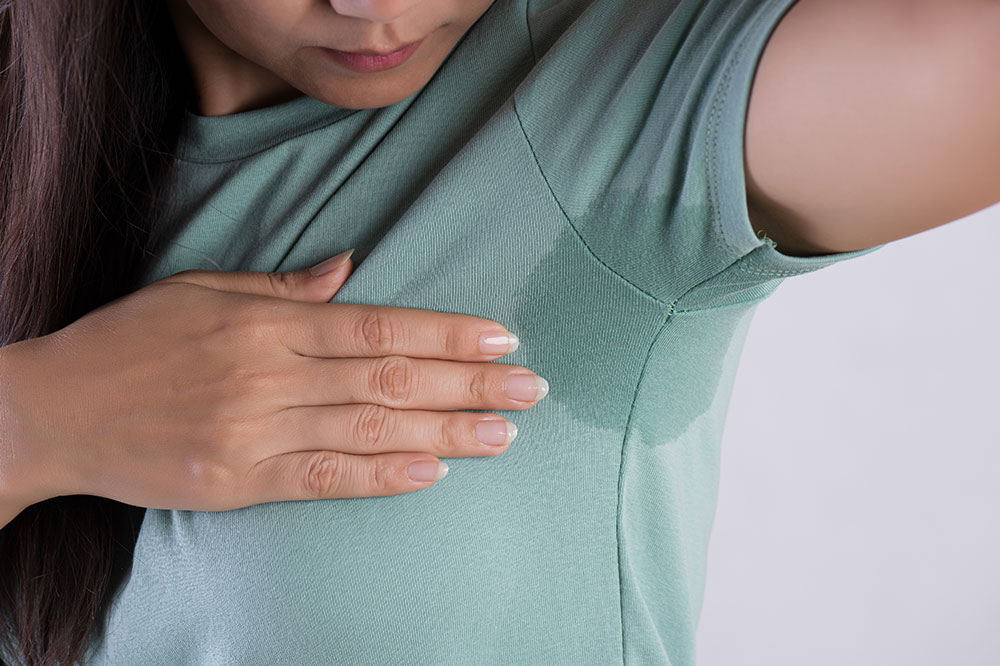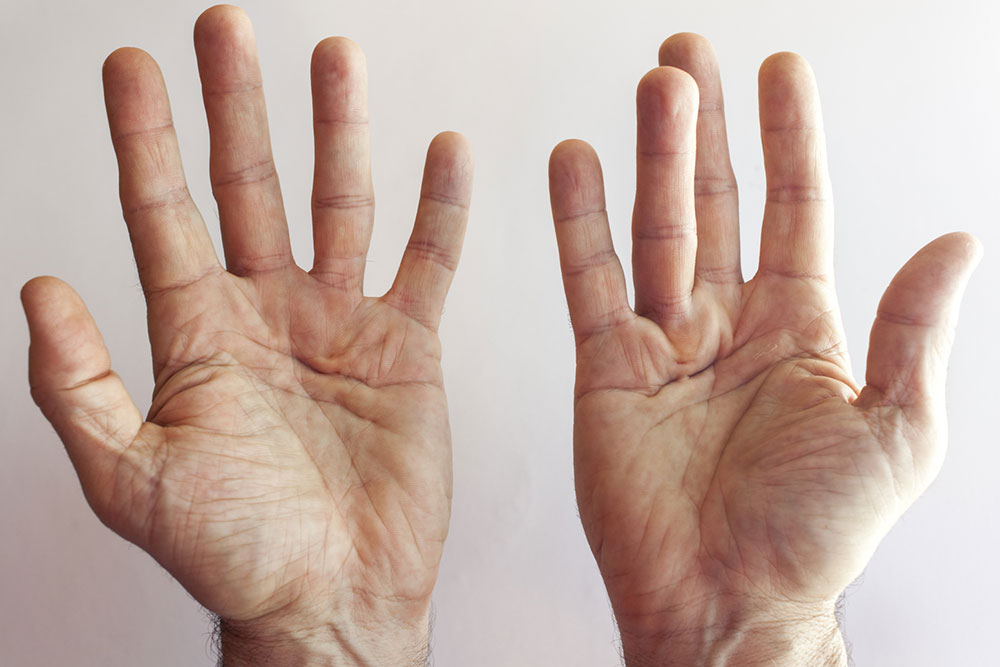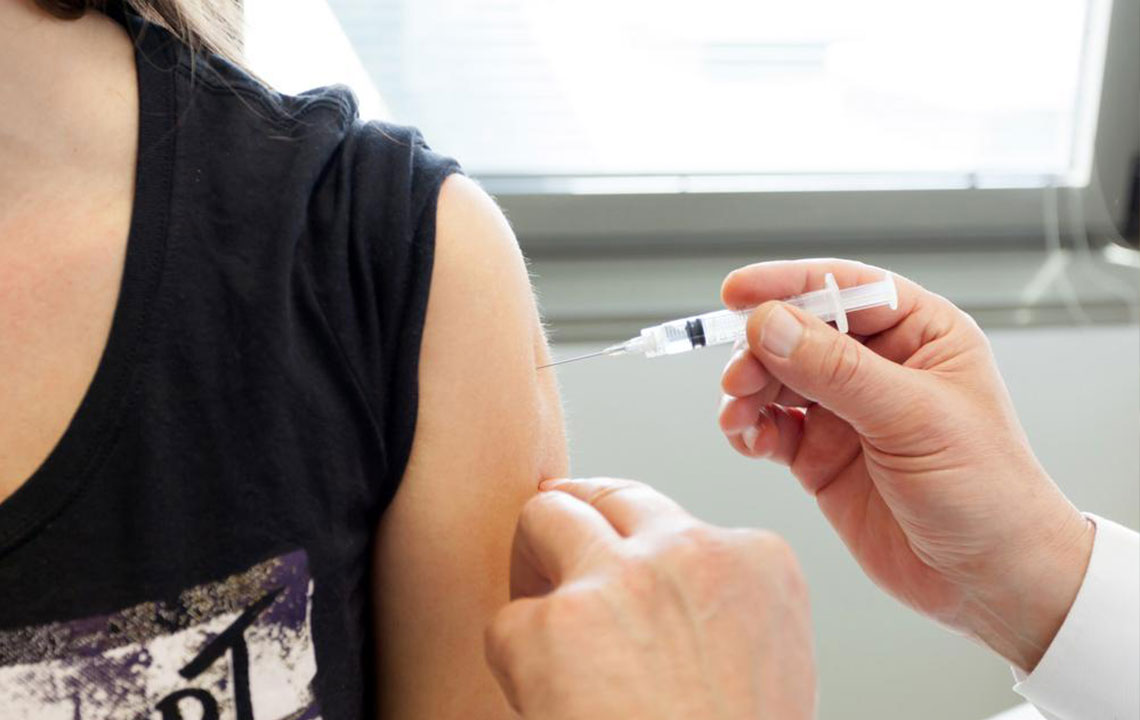Understanding Hyperhidrosis: Causes and Symptoms
Hyperhidrosis involves uncontrollable sweating affecting daily life and mental health. It's caused by overactive sweat glands due to genetics, emotional factors, metabolic issues, or other health conditions. Recognizing symptoms like excessive sweating, body odor, and skin problems is vital for diagnosis and management. External triggers such as heat and alcohol can worsen symptoms. Understanding the causes helps in seeking appropriate treatment to improve quality of life and prevent social and psychological challenges associated with hyperhidrosis.
Sponsored

Hyperhidrosis is a condition characterized by excessive sweating in various parts of the body. This intense sweating can become so severe that individuals often need to frequently change clothing. For some, it may lead to psychological challenges such as anxiety and low self-esteem. Recognizing the symptoms andKnowing the underlying causes of hyperhidrosis is crucial for effective management and treatment.
Common Symptoms of Hyperhidrosis
Below are the primary signs:
Overwhelming Sweating
This is the hallmark symptom, where sweat production is excessive, soaking clothes and harming daily routines without clear reasons.
Individuals affected often spend significant time changing soaked clothes, wiping sweat, or using pads under their arms.
Unpleasant Body Odor
Excess sweating can lead to body odor due to bacteria interacting with sweat on the skin.
Skin Issues
Hyperhidrosis may cause skin infections, cracks, discoloration, and paleness. A common skin problem is maceration, especially on the feet, caused by prolonged contact with sweat.
Itching and Skin Inflammation
Over-sweating can result in irritation, pain, and skin inflammation, often accompanied by itching.
Psychosocial Impact
Noticeable sweating can cause embarrassment and social anxiety, leading some individuals to avoid social interactions and potentially develop depression.
Causes of Hyperhidrosis
Excessive sweating is primarily caused when sweat glands become overactive, driven by factors such as:
Mental Health Issues
Stress, anxiety, and psychological stress can activate sweat glands unnecessarily.
Genetics
A family history of hyperhidrosis increases the risk, with many cases running in families.
Metabolic Conditions
Diseases like diabetes, gout, or pituitary disorders can also cause excessive sweating.
Environmental and External Influences
Hot weather, physical activity, and alcohol consumption are common triggers.
Other Medical Conditions and Injuries
Heart problems, cancers, certain medications, and respiratory illnesses may also lead to hyperhidrosis.






